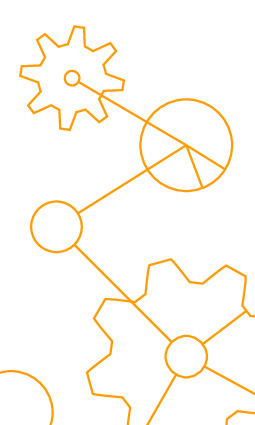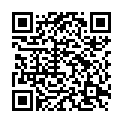|
|
|
| Module code: WIMASc145 |
|
|
1V+1U+2PA (4 hours per week) |
|
6 |
| Semester: 1 |
| Mandatory course: yes |
Language of instruction:
German |
Assessment:
Oral examination and project work (1:1)
[updated 18.12.2018]
|
WIMASc145 (P450-0109, P450-0111) Industrial Engineering, Master, ASPO 01.10.2014
, semester 1, mandatory course
|
60 class hours (= 45 clock hours) over a 15-week period.
The total student study time is 180 hours (equivalent to 6 ECTS credits).
There are therefore 135 hours available for class preparation and follow-up work and exam preparation.
|
Recommended prerequisites (modules):
None.
|
Recommended as prerequisite for:
WIMASc215 Quality Management / Cost Management
WIMAScWPF-W16 Industry 4.0: Principles & Implementation
WIMAScWPF-W18
[updated 05.08.2022]
|
Module coordinator:
Prof. Dr.-Ing. Dieter Arendes |
Lecturer:
Prof. Dr.-Ing. Dieter Arendes
[updated 20.01.2020]
|
Learning outcomes:
After successfully completing this module students will:
_ have in-depth knowledge about selected manufacturing processes, which goes beyond the basic knowledge from the Bachelor´s program, especially in the field of forming technology and automotive engineering.
_ be able to carry out basic calculations on forces and tool loads, among other things.
_ be familiar with the holistic engineering approach to lightweight structures and can explain the connections between material, production and design in technical discussions.
_ have the methodological knowledge required for working out the technological details of manufacturing processes and be aware of their importance for the respective manufacturing process.
_ have acquired knowledge about strategies and ways of familiarizing themselves with individual technological topics through literature research, patent research and interview techniques in manufacturing operations.
[updated 18.12.2018]
|
Module content:
1. Processes and special technologies for sheet metal forming, in particular for the automotive industry
2. Machines, installations and tools for sheet metal forming
3. Introduction to lightweight construction: manufacturing processes, materials and design
4. Project work: analysis and in-depth study of individual manufacturing processes, as well as the precise description and presentation of respective special features with an emphasis on new technologies in the sense of a "technology watch" and on actual problems of industrial partners.
[updated 18.12.2018]
|
Teaching methods/Media:
Presentation with projector, Internet, literature databases, PC, sample parts
[updated 18.12.2018]
|
Recommended or required reading:
_ Doege, E.; Behrens B.-A., Handbuch Umformtechnik: Grundlagen, Technologien, Maschinen, Springer, 2. Auflage, 2010
_ Koether, R./ Rau, W.: Fertigungstechnik für Wirtschaftsingenieure; 4. Auflage, Carl Hanser Verlag, 2012
_ König, W./ Klocke F.: Fertigungsverfahren, mehrere Bände, VDI-Verlag GmbH, Düsseldorf.
_ Lange, K.: Lehrbuch der Umformtechnik, mehrere Bände; 2. Auflage, Springer Verlag, 2002
_ Spur, G./ Stöferle, Th.: Handbuch der Fertigungstechnik, mehrere Bände, Karl-Hanser-Verlag.
_ Awiszus, B.: Grundlagen der Fertigungstechnik Carl Hanser Verlag, 5. Auflage, 2012
_ Westkämper, E. / Warnecke H.-J.: Einführung in die Fertigungstechnik, Vieweg+Teubner Verlag; 8. Auflage, 2010
_ Hellwig, W.: Spanlose Fertigung: Stanzen, Vieweg+Teubner Verlag; Auflage: 9, 2009
_ Tschätsch H.: Praxis der Umformtechnik: Arbeits-verfahren, Maschinen, Werkzeuge, Vieweg+Teubner Verlag; Auflage: 9,. 2008
_ Klein, B.: Leichtbau-Konstruktion: Berechnungsgrund-lagen und Gestaltung, Vieweg+Teubner Verlag; Auflage: 9. 2012
Students are expected to find the most up to date literature for their project work themselves. They will be instructed on how to do so.
[updated 18.12.2018]
|


